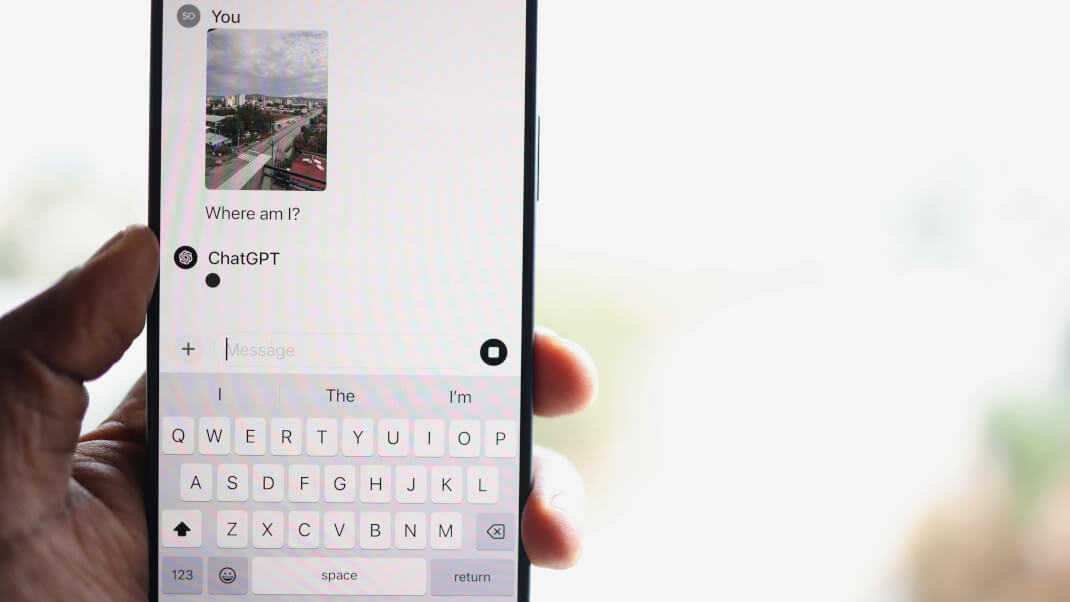
For hotels striving to excel, aligning revenue management with sales isn’t optional – it’s imperative. Embracing an integrated strategy enhances the efficiency of group business operations, encourages collaboration across departments, and boosts profitability.
NB: This is an article from SalesAndCatering
Subscribe to our weekly newsletter and stay up to date
The merger of sales, marketing, and revenue management signifies a profound change in the commercial landscape for many hotels. Historically, these departments functioned independently – revenue managers focused on room rate optimization, while sales teams concentrated on winning group business. But as market demands become less predictable and customer expectations rise, a cohesive strategy has emerged as a necessity.
Advancements in hospitality technology, including AI-revenue management software integrated with sales optimization systems, facilitate the convergence of these operations. By sharing critical data insights and utilizing automation, sales teams can provide faster and more accurate group quotes, leading to quicker bookings and heightened client satisfaction.
Leveraging Data to Drive Group Sales Strategy
Integrating data into group pricing strategies begins with identifying crucial data points. Making data-driven decisions in group pricing means incorporating both internal data (like past performance and booked business) and external market insights (such as current demand indicators and pricing movements). By synthesizing these insights, revenue managers equip sales teams with a holistic perspective on the dynamics influencing group pricing.
For example, analyzing market cycles helps sales teams ascertain whether it’s a peak demand season or a historical low. Recognizing the market’s pricing landscape and adjusting rates based on customer spending propensities helps hotels maintain competitive and profitable pricing strategies.
Faster Group Sales Responses: A Key to Success
Speed is paramount when capturing group business. Studies highlight that the first hotel to respond to a group query is 73% more likely to secure the booking. This statistic illustrates the critical nature of quick response times within sales teams.
Aiming for this agility requires hotels to streamline internal operations, shortening the timeframe for dispatching group quotes. For example, deploying automation solutions allows sales managers to secure revenue approvals rapidly and send out group quotes within hours instead of days. By removing barriers like manual data entry and protracted internal approvals, sales teams can significantly improve their business winning potential.
Simplifying the Internal and External Sales Process
The group sales procedure encompasses two facets: internal and external velocity. Internally, the team must liaise closely with revenue managers to assemble critical data and confirm rates. Externally, it’s pivotal to promptly deliver a structured quote to the client.
Enhancing internal speed involves fostering open communication lines between sales and revenue management, which includes equipping sales teams with access to real-time group rate data, space availability, and potential food and beverage (F&B) minimums. Such data is seamlessly woven into a complete proposal that addresses client needs without unnecessary delay.
From an external viewpoint, a well-rounded proposal should not only present the rate but also offer alternative dates, flexible pricing possibilities, and a detailed description of available amenities. This thorough approach fulfills customer expectations and reduces lengthy negotiation periods.
The Power of Displacement Analysis in Group Sales
Utilizing displacement analysis allows us to accurately assess the profitability of group sales. This analytical approach evaluates the impact of accepting a group on other potential revenue avenues, such as transient bookings, thereby empowering hotels to make well-informed decisions about whether to accept the booking or not.
Consider a scenario during peak demand: a group booking that edges out transient guests at a superior rate might not make financial sense. On the flip side, during off-peak times, group bookings can bring in additional revenue with minimal impact on existing business. This evaluation helps revenue managers balance group and transient operations, ensuring a steady mix of revenue streams.
When introducing a group sales opportunity, sales teams should be equipped with a comprehensive data package – encompassing room night distribution, commission structures, ancillary earnings potentials, and alternate dates. This crucial information empowers revenue managers to gauge the group’s complete value, taking into account additional benefits like food and beverage revenue or extended guest stays.
The Role of Technology in Streamlining Group Sales
Technology serves as a cornerstone in refining the group sales process. By integrating revenue management and sales systems, hotels can automate the creation of quotes and provide instant access to pivotal data. This technological synergy not only speeds up the quoting process but also guarantees that proposals are grounded in the most current information, significantly diminishing the need for later adjustments.
Properties already using revenue management solutions can further enhance their operations by linking these with sales and catering platforms, augmenting capabilities without disrupting ongoing workflows. This adaptability allows hotels to retain their preferred systems while attaining greater group sales efficiency.
Enhancing the Customer Experience with Comprehensive Proposals
A thorough proposal extends beyond just listing prices and availability; it caters to the client’s particular requirements and provides definitive answers to their anticipated inquiries. For instance, suggesting alternative dates and rates can be invaluable to meeting planners who might adjust their timelines to reduce expenses.
By delivering a detailed proposal upfront, sales teams can minimize the often lengthy back-and-forth dialogue that can delay the booking process. This methodology not only boosts client satisfaction but also positions the hotel as a proactive and considerate partner.
Building a Collaborative Culture Between Sales and Revenue Teams
Synchronization between sales and revenue management is critical for achieving success in group sales. Revenue managers and sales teams should work together on forecasting and target-setting, ensuring every group sale aligns with the property’s financial goals.
Sales teams gain from engaging in revenue meetings, where they can glean valuable insights into projected demand and pricing strategies. Understanding the reasoning behind rate recommendations enables sales managers to more effectively articulate their proposals’ worth to potential customers.
Fostering a collaborative culture helps prevent potential conflicts that may arise when sales teams pursue leads that conflict with revenue objectives. By creating a shared understanding of each department’s aims, hotels can forge a unified strategy towards reaching profitability.
Takeaways
The symbiotic integration of sales and revenue management ushers in a transformative era in hospitality group sales. By tapping into data, bolstering teamwork, and embracing tech, hotels can provide accelerated, accurate proposals and elevate their group booking success.
For executives in the hotel industry, this integration presents a chance to enhance profitability while delivering a first-rate customer experience. In a climate where quick responses and data-guided decisions are paramount, harmonizing sales and revenue management offers a strategic edge. As our industry moves forward, adopting these practices will be essential for sustaining a robust and lucrative group sales strategy.




